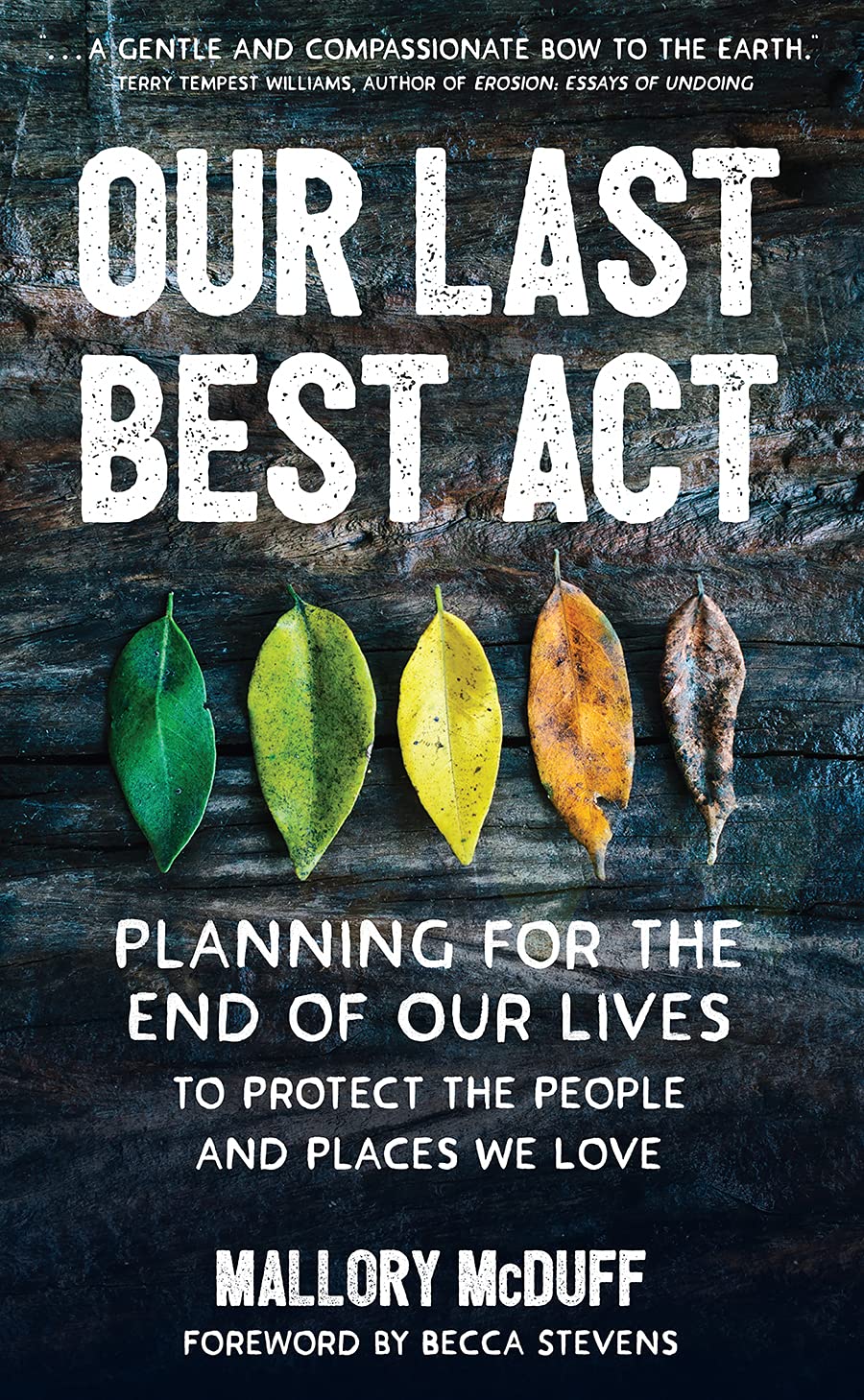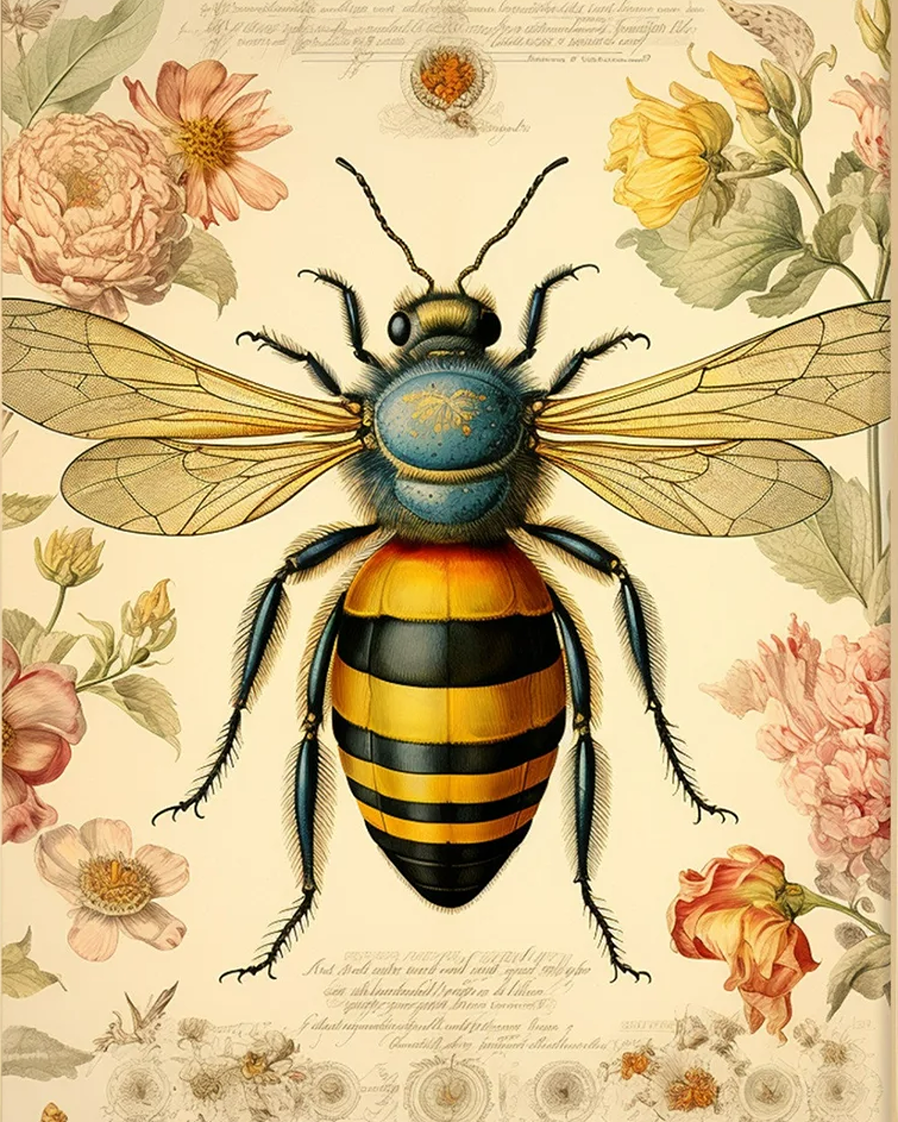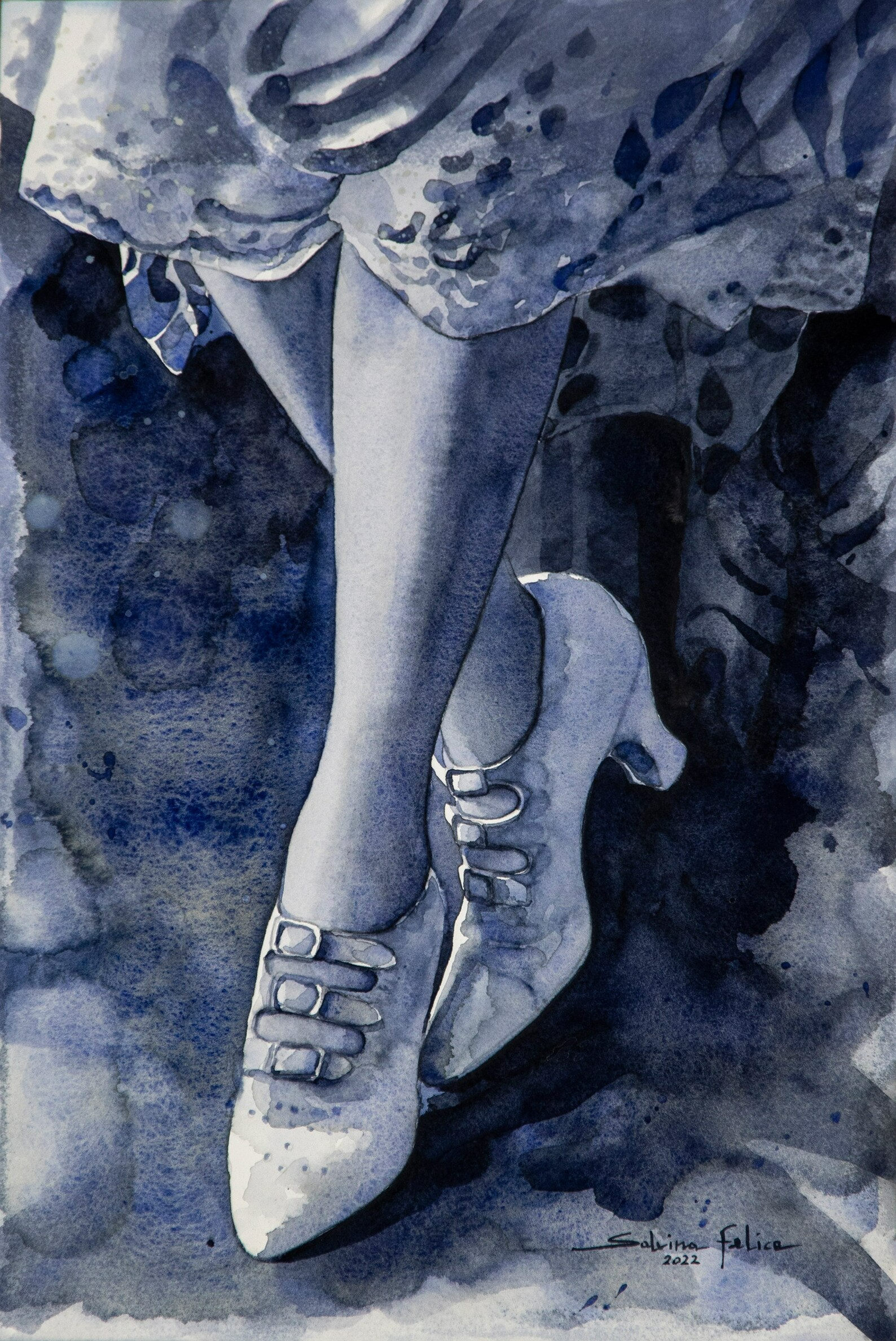
Making a Will may not be the most fun activity in the world, but it’s important if you have anything of value (including sentimental) to leave, when you eventually leave this mortal planet. Dying intestate (without a Will) can cause huge problems. For a start your income and possessions may go to the Crown, which means your hard-earned cash could be buying weapons or wallpaper for government offices.
You could have the often-tragic scenario of relatives left behind, fighting over who gets the money or precious vase. Or even worse, some long-forgotten nasty relative turning up and claiming the lot. And of course, we have to consider children, grandchildren, pets and favourite charities, all of whom would be better off, if we have made some kind of provision for their wellbeing.
First of all, don’t touch those DIY Wills in bookstores, they are not worth the paper they are written on. Any good probate lawyer will tear this to shreds, if there is any dispute. Of course a proper solicitor is your best bet. But many people these days simply don’t have the money to spend hundreds of pounds drafting a proper Will in this form.
So your next best bet is like most things these days – to go online. Farewill offers a good simple service. Just fill in the form (including any special wishes in a Living Will), receive your Will, get it signed by two Witnesses of sound mind (not people you are leaving money to) and store it somewhere safe. Couples have create Mirror Wills. But remember that if someone dies or you marry or divorce, it will be invalid, so you’ll have to make a new one (small updates can be added).
reasons to set a Pet Trust
As pets can’t open a bank account, you can’t actually ‘leave money to pets’. But you can leave money, and instructions to look after them. This is called a Pet Trust. Just include your instructions with your Will, including details of nominated guardia.s If you have no-one to look after them if you die, Dog’s Trust Care Card is ideal to keep on your person (keep a note with your Will), and they will try to find loving homes, keeping pets together.
know the legacy you wish to leave

Our Last Best Act is for anyone who wishes to leave a legacy (beyond a transfer of money and property) to ensure a sustainable earth for loved ones, communities and generations to come. With the sudden death of both her parents, the author found herself in this position. Utterly unprepared both emotionally or practically, she began to research sustainable practices around death and dying, to honour their commitment to caring for the earth. What started out as a personal endeavour expanded into a year-long exploration and assessment of green burials, green cemetaries and home funerals.
Environmental educator Mallory bridges the gap between environmental action and religious faith, by showing that when the two are combined, they become a powerful force for the greater good. Full of practical information and support, the book equips readers to make decisions for their own end-of-life. In a world experiencing a climate crisis (and a culture that avoids discussions about death and dying), this book opens the conversation about choices we make, to create a sustainable legacy and help to heal the earth.
A worthwhile and pleasant book that aids a valuable purpose in our complicated times, and truly speaks to one of the deepest responsibilities of being human: caring for and burying our dead. Elizabeth Fournier
a few people who died without a Will
Bob Marley died very young, and did not leave a Will. As you likely know, he had many children by different mothers, so you can imagine the legal wrangling.
Amy Winehouse also died without a Will. There were numerous legal wranglings to sort out, and the only winners were the lawyers.
Singer Prince also died without a Will. He had many siblings, and there were years of legal wranlings, to sort out the financial mess. Within weeks of his death, 700 people came forward, claiming to be related to him.
beware of big charity ‘chuggers’
If you’ve ever been accosted in the street by a chugger (charity mugger), these are paid employees are try to guilt people into donating to the big charities that are paying them, instead of using money to help do the work we want them to do.
You may wonder why all the TV ads suggest paying ‘just £3 a month’, when the ad itself costs thousands. The reason is – legacy. The idea for both street ‘chuggers’ and TV ads is not to get you to pay just £3. But to reel you in to support ‘big charity’ so that you eventually leave a legacy when you die. You’ll find all the big charities focus on this, more than regular donations, because the money is big. Many will even pay for the lawyer to draft it for you.
Small local charities need all the help they can get right now, as do humane research charities (that find cures for disease, without torturing innocent animals). So leave a legacy to one of them instead, instead of the big animal-testing charities (or ones that spend donations on company cars and free pens).





